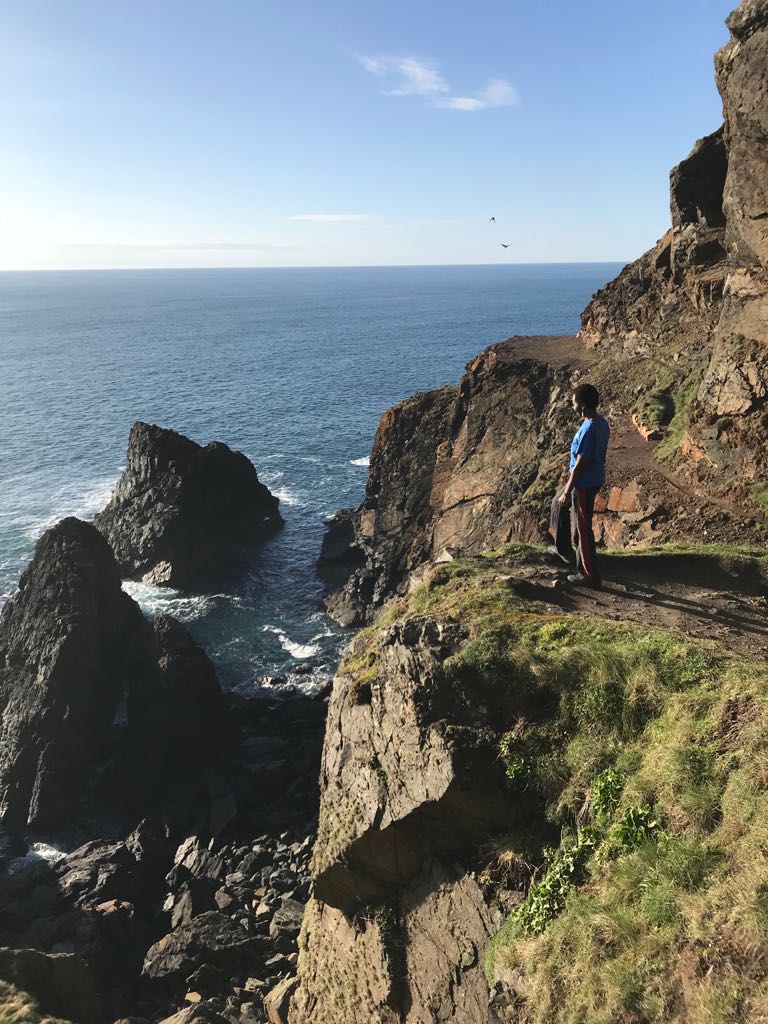When we wrote our open letter to the department of African Studies, hoping to document our collective grievances and open a conversation about how to change and improve the course for future students, we titled it “Searching for the ‘Africa’ in African Studies”.
Getting through that course and being able to truly say that one had learnt somethings in African Studies, one had to search. Search beyond the shock of 87% white authors on your reading list, search beyond the platitudes that “Africans don’t publish enough”, search until you found out that that was a convenient, comfortable half-truth, search when you knew in the pit of your belly that what you were being told in class didn’t quite fit but didn’t know enough in the moment to counter your professor, search even when you were called disrespectful and uncivil for naming untruths by professors who should have been allies, search when people cared more about you being angry than about what energy you were spending searching alone, search even while every part of you was breaking from blatant attacks from adults who should have done better, search and search and search – in the end to find yourself, and your people. Who had all along been there. But no-one, at least none of those in the academy, had cared to search.
Bless the garden at the back of my student residence, bless the library acquisition budget for all the books I requested, bless Chimurenga magazine for always being a place I could go to to remind myself I wasn’t insane to know that Afrikans were deep intellectuals, bless my ancestors for leading me to sources of truth, bless the rooted Afrikan academics who are outing the lie that there can’t be Africa in African Studies.
Read our op-ed published in Africa is a Country here: There is no Africa in African Studies
and in it a link to the full open letter.

Talk to me